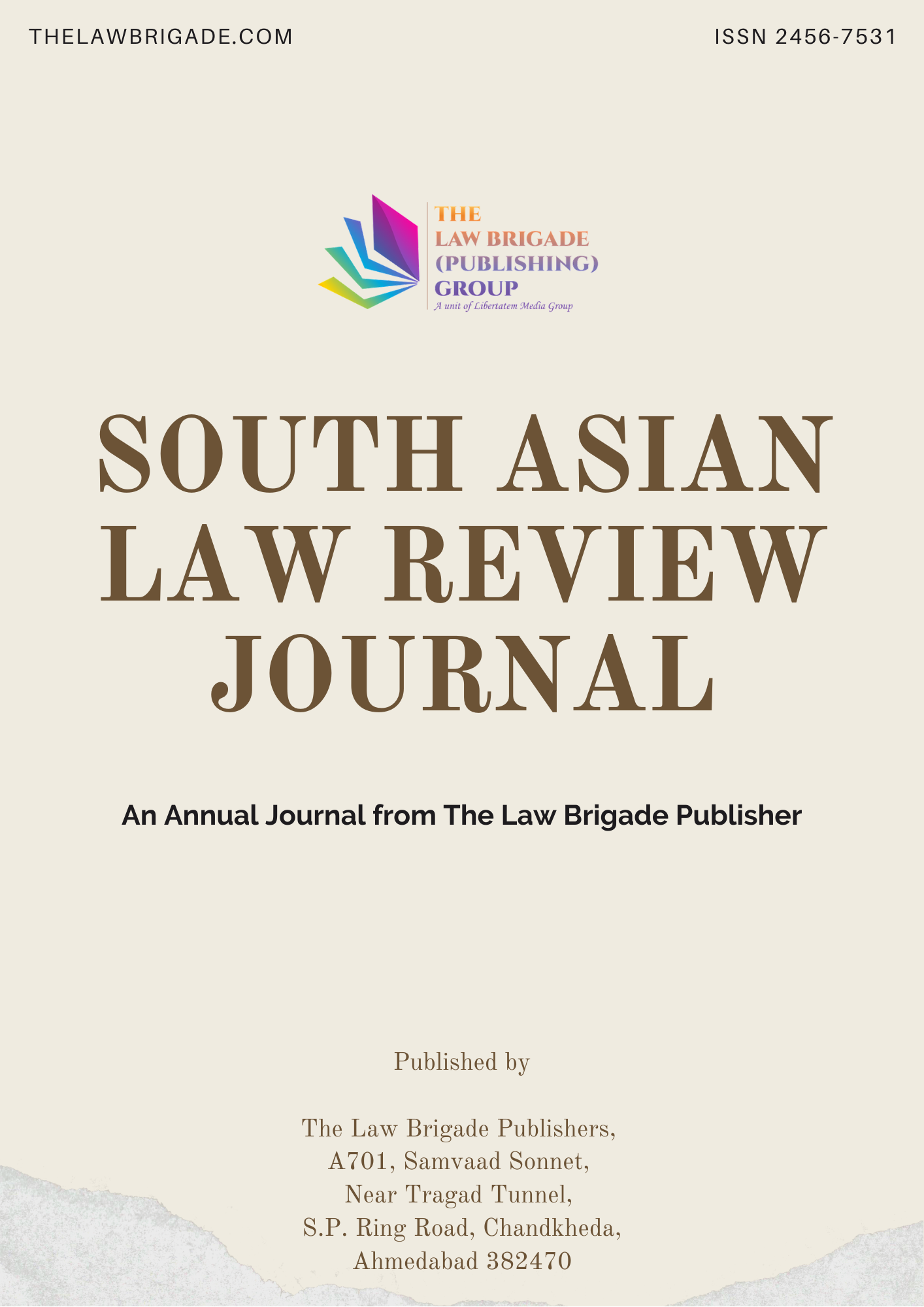Bangladesh has experienced a period of “Illiberal democracy” in recent times where politicians have acted autocratically, rewarding political supporters, punishing the opposition. The judiciary, bureaucracy, police and even the legislature have all been hollowed out by financial, partisan and personal attention. Disorder became the order, irregular the regular and Machiavellianism the political practice. Following a series of ups and downs, question arises, as to whether the constitution has been able to maintain its resilience! The purpose of this paper is to find out the answer. It describes the major constitutional drawbacks with a historical perspective. This paper also exposes, whether the constitution can be called as a resilient one or not. If not, then what are the barriers and resolutions? It aims to bring to light and consolidate the key issues in this area. It proposes an institutional approach as well which is contrary to the by and large person-centered approach.
Barriers To A Resilient Constitution In Bangladesh And Resolutions: An Exploratory Analysis
Publication Information
Journal Title: South Asian Law Review Journal
Author(s): Nadim Zawad Akil
Published On: 15/01/2022
Volume: 8
First Page: 1
Last Page: 18
ISSN: 2456-7531
Publisher: The Law Brigade Publisher
DOI Not Allotted [Get DOI]
Cite this Article
Nadim Zawad Akil, Barriers To A Resilient Constitution In Bangladesh And Resolutions: An Exploratory Analysis, Volume 8, South Asian Law Review Journal, 1-18, Published on 15/01/2022, Available at https://salrj.thelawbrigade.com/articles/barriers-to-a-resilient-constitution-in-bangladesh-and-resolutions-an-exploratory-analysis/
Abstract
Keywords: Constitution, resilience, democracy, law, provisions, political parties, judiciary, amendment, drawbacks, resolutions, reform, parliament, fundamental rights, High court, ordinance, legislature, minister, president, election commission, Government





